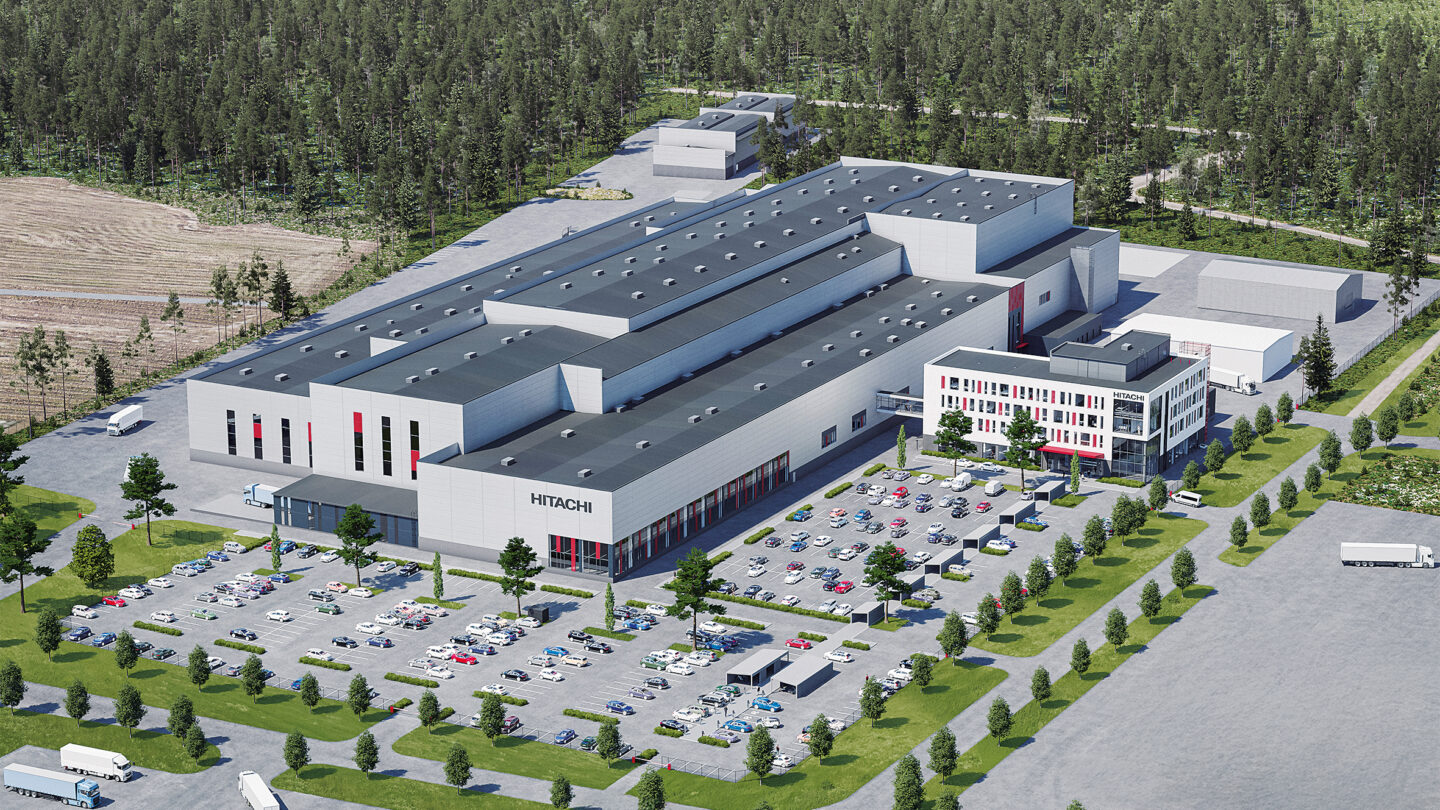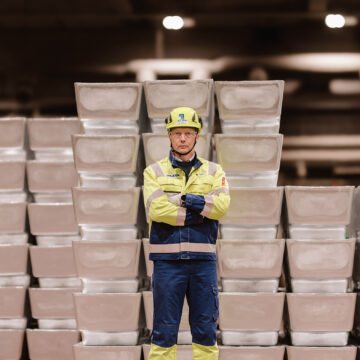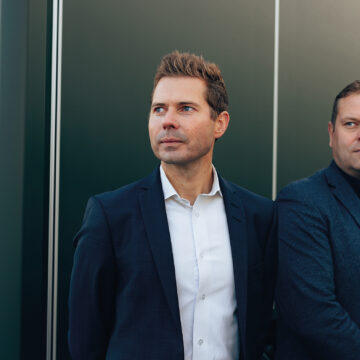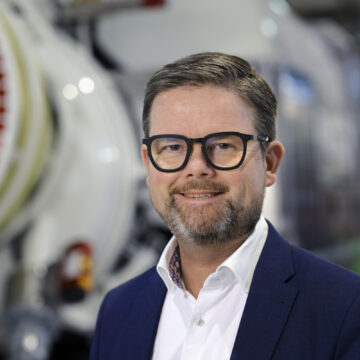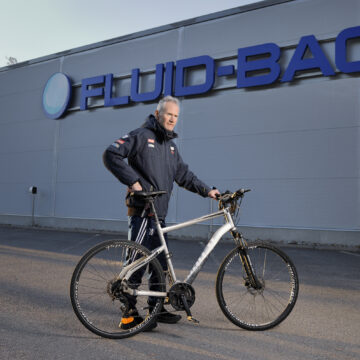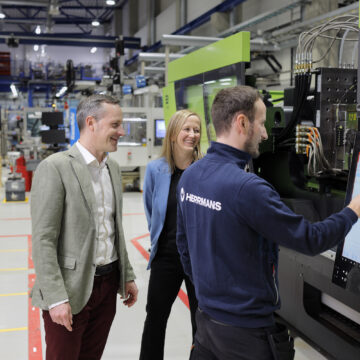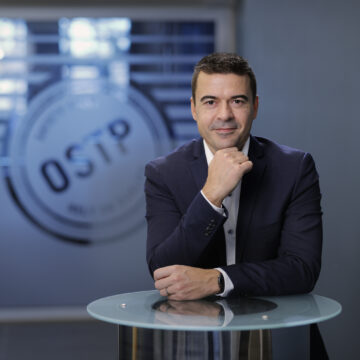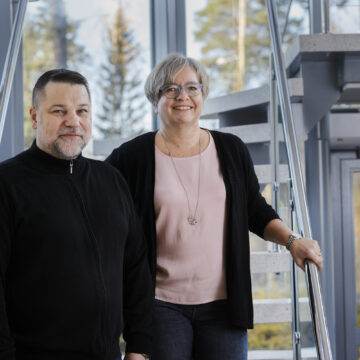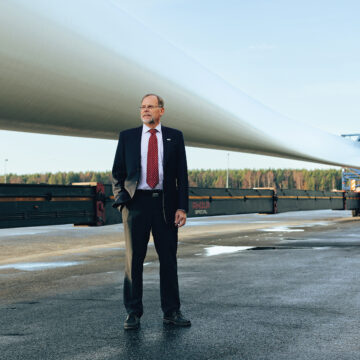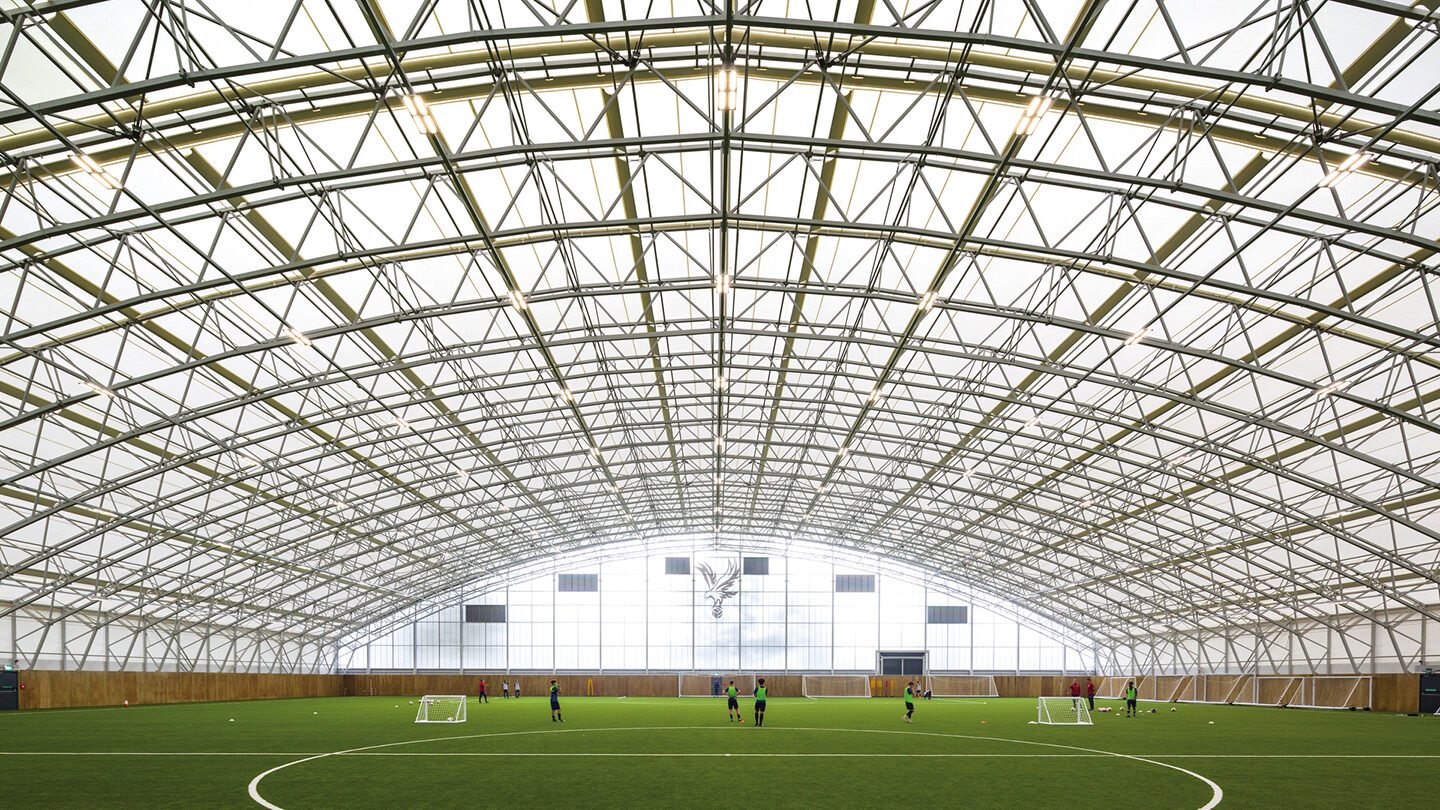
As the requirements for building permits evolve, so do Best-Hall’s buildings
The importance of renewable energy and self-sufficiency has been emphasised in the midst of the energy crisis, and countries around the world have quickly made changes to their laws. For Best-Hall, a manufacturer of fabric-covered and steel-framed buildings, this means a heavier focus especially on solar power.
“In many European countries, you can now get a building permit only if the building is going to be solar-ready. There must be areas on the roof where solar panels can be installed – even if the customer is not yet planning to invest in solar power”, says Leif Fagernäs, Sales Director.
According to the Ministry of the Environment’s low-carbon roadmap for the Finnish construction industry, low-carbon buildings will be required in construction by 2025.
“As pioneers in building construction, we contribute to achieving the common goals of carbon neutrality and help our customers anticipate the future”, states Hanna Pahkala, Project Director.
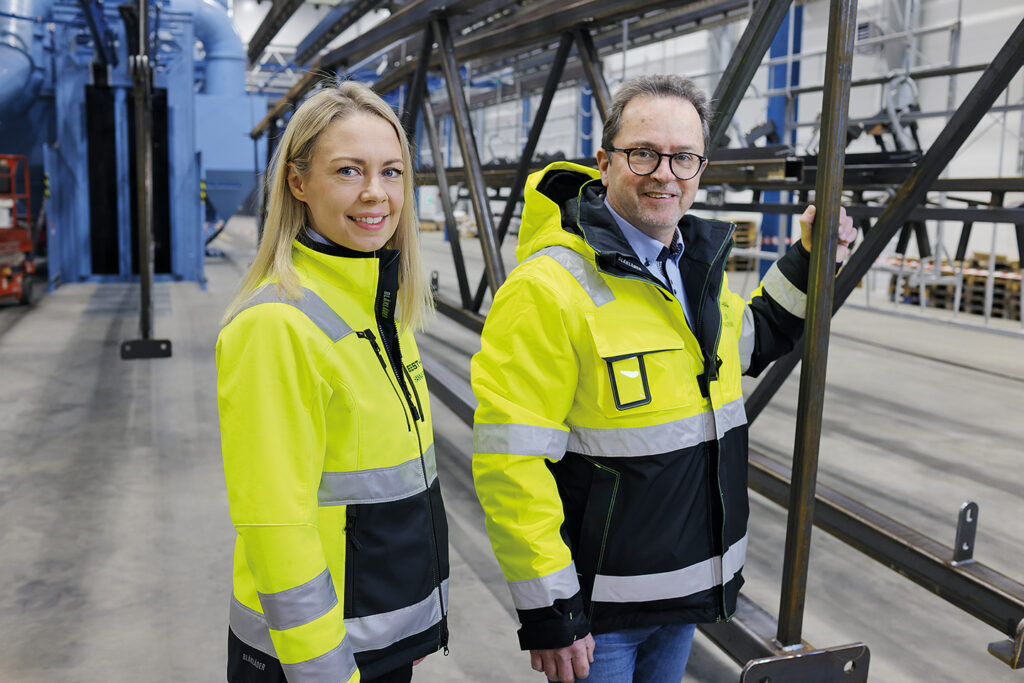
Best-Hall has customers from various industries. Recent finished projects include, for example, a football hall for Premier League’s Crystal Palace F.C. and a 13,000 square metre bulk terminal in France. The company has multiple ongoing projects in Europe – such as a large, 9,100 square metre recycling centre in Switzerland.
“Switzerland has strict laws regarding renewable energy, so taking solar panel integration into account already in the planning phase is essential”, explains Pahkala.
Best-Hall has also focused on developing surface treatment. Since 2012, the company has painted its buildings using an automatic painting process and durable powder paint. It protects the steel frames from corrosion and requires no solvents. In 2021–22, the company invested in new equipment to further improve its automatic transporters and blasting lines that clean the steel frames and remove rust before painting.
“This is one of the biggest investments in Best-Hall’s history”, says Fagernäs.

